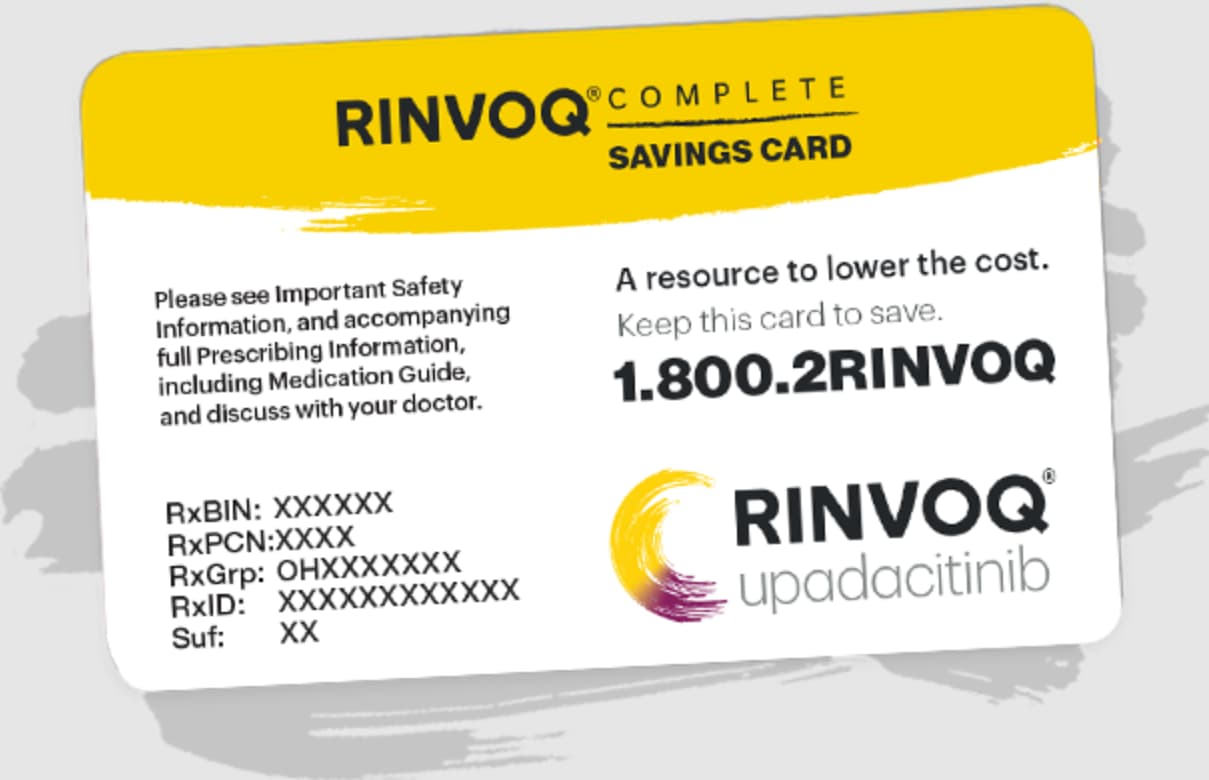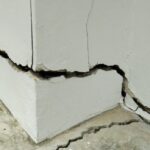The home improvement industry has never been more competitive.
From interior designers and general contractors to specialized tradespeople like plumbers, electricians, and painters, every business is fighting for the same pool of local customers.
Gone are the days when word-of-mouth referrals and Yellow Pages ads were enough to sustain a thriving home service business.
Today’s homeowners don’t just pick up the phone to call the first contractor they remember—they research online first.
They check Google reviews, browse social media portfolios, and compare websites before making any decisions.
If your home improvement business isn’t visible online, you’re essentially invisible to potential clients.
How Digital Marketing Helps Home Improvement Businesses Attract More Local Clients?

Digital marketing for home improvement businesses isn’t just a nice-to-have anymore; it’s essential for growth and survival in 2025.
🏡 Ready to grow your home improvement business online? Contact our Digital Marketing Agency Team and let our team craft a local marketing strategy tailored to your services!
Why Home Improvement Businesses Need Digital Marketing in 2025?
Consumer Behavior Has Changed Forever
The statistics speak for themselves: 97% of consumers search online for local businesses, and 88% of them call or visit a business within 24 hours of their local search. When someone needs their kitchen remodeled, their roof repaired, or their bathroom renovated, their first instinct is to grab their phone and start Googling.
This shift in consumer behavior means that traditional marketing methods—while still valuable—can no longer carry the full weight of your marketing strategy. Digital marketing for home improvement businesses has become the primary way to connect with customers at the exact moment they’re looking for your services.
Trust and Credibility Are Built Online
Home improvement projects represent significant investments for homeowners, often costing thousands or tens of thousands of dollars. Before inviting a contractor into their home, customers want to see proof of quality work, read reviews from previous clients, and feel confident about their choice.
Your online presence serves as your digital storefront, portfolio, and reputation all rolled into one. A professional website, active social media profiles, and positive online reviews work together to build the trust that converts browsers into buyers.
Mobile-First Approach Is Non-Negotiable
More than 60% of local searches happen on mobile devices. Picture this: a homeowner notices a leak in their basement on a Sunday afternoon. They’re not going to wait until Monday to start looking for help—they’re pulling out their phone right then and there to find a plumber near them.
If your website isn’t mobile-friendly, if your contact information isn’t easy to find, or if your Google My Business profile isn’t optimized, you’re losing out on these urgent, high-intent customers.
Local SEO: Your #1 Tool to Attract Nearby Customers
Local SEO for contractors is the foundation of any successful digital marketing strategy for home improvement businesses. Unlike national companies, your customers come from a specific geographic area, making local search optimization crucial for your success.
Google My Business: Your Digital Business Card
Your Google My Business (GMB) profile is often the first thing potential customers see when they search for services like yours. A fully optimized GMB profile includes:
- Complete business information: Name, address, phone number, website, and hours of operation
- High-quality photos: Before and after project images, team photos, and shots of your work in progress
- Accurate service descriptions: List all the services you offer
- Regular posts and updates: Share recent projects, company news, and seasonal tips
For example, a kitchen remodeling contractor might post weekly updates showing different stages of current projects, highlighting specific design elements or solving common renovation challenges.
Mastering Local Keywords and Service Area Targeting
When optimizing for local search, think about how your customers search for your services. They might search for:
- “bathroom remodeling near me”
- “interior designers in [your city]”
- “emergency plumber [your neighborhood]”
- “kitchen renovation contractors [your zip code]”
Create content and optimize your website pages around these local keywords. Develop separate service pages for each area you serve, and include location-specific content that demonstrates your knowledge of the local market.
NAP Consistency: The Foundation of Local SEO
NAP stands for Name, Address, and Phone Number. Search engines use this information to verify the legitimacy and location of your business. Inconsistent NAP information across different online directories can confuse search engines and hurt your local rankings.
Ensure your business information is identical across:
- Your website
- Google My Business
- Yelp, Angie’s List, and other review platforms
- Industry-specific directories like HomeAdvisor or Thumbtack
- Social media profiles
The Power of Customer Reviews
Online reviews are digital word-of-mouth recommendations, and they carry enormous weight in local search rankings and customer decision-making. Develop a systematic approach to earning reviews:
- Ask at the right time: Request reviews when customers are happiest, typically right after project completion
- Make it easy: Send direct links to your Google My Business or preferred review platform
- Follow up professionally: Thank customers for positive reviews and address negative ones constructively
- Showcase reviews: Feature testimonials prominently on your website and social media
Website Design That Builds Trust and Converts
Your website is your 24/7 salesperson, working to convert visitors into leads even when you’re sleeping. For home improvement businesses, your website needs to accomplish several key goals: showcase your work, build trust, and make it easy for potential customers to contact you.
Speed and Mobile Optimization
A slow-loading website is a conversion killer. Research shows that 40% of users abandon a website that takes more than 3 seconds to load. For mobile users—who make up the majority of local searches—this patience threshold is even lower.
Ensure your website:
- Loads quickly on all devices
- Displays properly on smartphones and tablets
- Has easily clickable buttons and contact forms
- Includes a prominent phone number that mobile users can tap to call instantly
Visual Portfolio That Sells Your Services
Home improvement is a visual industry. Potential customers want to see examples of your work before they consider hiring you. Your website should feature:
- Before and after galleries: Show the transformation your services can create
- High-quality project photos: Invest in professional photography or learn to take compelling photos yourself
- Diverse project examples: Display various styles, budgets, and project sizes to appeal to different customer segments
- Video testimonials: Let satisfied customers tell their stories in their own words
Clear Calls-to-Action That Drive Action
Every page on your website should guide visitors toward the next step. Use clear, action-oriented language for your calls-to-action:
- “Get Your Free Estimate”
- “Schedule a Consultation”
- “Request a Quote”
- “Call Now for Emergency Service”
Place these CTAs prominently throughout your site, especially on your homepage, service pages, and contact page.
Social Media Marketing: Show Off Your Work and Build Community
Social media platforms offer home improvement businesses unique opportunities to showcase their work, connect with potential customers, and build a community around their brand. Different platforms serve different purposes in your online marketing for interior designers, contractors, and other home service professionals.
Instagram: The Visual Showcase
Instagram is perfect for home improvement businesses because it’s built around visual content. Use Instagram to:
- Share stunning before-and-after photos
- Post time-lapse videos of projects in progress
- Show behind-the-scenes content of your team at work
- Use Stories to give real-time updates on current projects
Pro tip: Use local hashtags like #[YourCity]HomeImprovement or #[YourCity]InteriorDesign to help local customers discover your content. Or follow this guide on Instagram Marketing Tips for Businesses to Grow on Instagram.
Pinterest: Inspiration and Planning
Pinterest functions as a visual search engine where homeowners go to gather ideas and plan their projects. Create boards for different types of projects you specialize in:
- Kitchen renovations
- Bathroom makeovers
- Outdoor living spaces
- Small space solutions
Include a mix of your own project photos and inspirational content that aligns with your style and expertise.
Facebook: Community Building and Lead Generation
Facebook remains a powerful platform for local businesses. Use Facebook to:
- Share project updates and company news
- Respond to customer questions and comments
- Join local community groups where potential customers gather
- Run targeted ads to homeowners in your service area
YouTube: Educational Content That Builds Authority
Create educational content that positions you as an expert in your field. Video topics might include:
- “How to Choose the Right Contractor for Your Kitchen Remodel”
- “5 Signs Your Roof Needs Immediate Attention”
- “Budget-Friendly Bathroom Updates That Make a Big Impact”
Educational content helps potential customers while improving your search engine rankings and establishing your expertise.
Content Marketing for Educating and Attracting Ideal Clients
Content marketing is a long-term strategy that helps attract local clients online by providing valuable information that addresses their questions and concerns. For home improvement businesses, content marketing serves multiple purposes: it improves your search engine rankings, demonstrates your expertise, and helps potential customers understand the value of your services.
Blogging for SEO and Authority
Maintain a blog on your website that covers topics relevant to your target customers. Blog post ideas for home improvement businesses include:
- Seasonal maintenance tips
- Renovation budget guides
- Design trend overviews
- DIY vs. professional project guidance
- Local building code information
For example, a roofing contractor might publish articles like “How to Prepare Your Roof for Winter” or “5 Signs You Need Roof Replacement, Not Just Repair.” These articles help homeowners while positioning the contractor as a knowledgeable professional.
Long-Tail Keyword Strategy
Focus on long-tail keywords that match how your customers search. Instead of trying to rank for broad terms like “contractor,” target specific phrases like:
- “How much does kitchen remodeling cost in [your city]”
- “Best materials for bathroom renovation”
- “How to choose an interior designer for a small apartment”
These longer, more specific keywords typically have less competition and attract more qualified traffic.
Content Distribution Strategy
Create content once, then share it across multiple platforms:
- Publish the full article on your blog
- Create social media posts highlighting key points
- Send excerpts in email newsletters
- Turn blog posts into video content for YouTube
- Share insights in local Facebook groups (where appropriate)
Paid Ads for Quick Results in Your Local Area
While organic marketing strategies like SEO and content creation take time to show results, paid advertising can generate leads immediately. For home improvement businesses, paid ads are particularly effective because you can target homeowners in your specific service area who are actively searching for your services.
Google Ads: Capturing High-Intent Searches
Google Ads allows you to appear at the top of search results when potential customers search for services like yours. Focus on:
- Local service keywords: Target phrases like “plumber near me” or “kitchen remodeling [your city]”
- Emergency services: Bid on urgent keywords like “emergency roof repair” or “water damage restoration.”
- Competitor terms: Consider bidding on competitors’ business names (where legally permissible)
Set up location targeting to ensure your ads only show to people in your service area, and use ad extensions to include your phone number, address, and links to specific service pages.
Facebook and Instagram Lead Ads
Social media advertising platforms offer sophisticated targeting options that are perfect for home improvement businesses:
- Demographic targeting: Reach homeowners in specific age ranges and income levels
- Interest targeting: Target people interested in home improvement, interior design, or specific renovation types
- Behavioral targeting: Reach people who have recently moved or are likely to need home repairs
- Lookalike audiences: Target people similar to your best existing customers
Retargeting for Warm Leads
Set up retargeting campaigns to re-engage people who have visited your website but haven’t contacted you yet. These warm leads are more likely to convert because they’re already familiar with your business.
Create different retargeting messages based on which pages people visited:
- Visitors to your kitchen remodeling page see ads about kitchen projects
- People who viewed your contact page but didn’t call receive ads with special offers
- Visitors who spend significant time on your portfolio get ads highlighting your expertise
Email Marketing for Long-Term Client Engagement
Email marketing often gets overlooked by home improvement businesses, but it’s one of the most cost-effective ways to nurture relationships with past clients and generate repeat business and referrals.
Newsletter Content That Adds Value
Send monthly newsletters that provide value beyond just promoting your services:
- Seasonal maintenance checklists
- Home improvement tips and tricks
- Featured project spotlights
- Local market insights and trends
- Special offers for subscribers
Post-Project Follow-Up Sequences
Develop automated email sequences that nurture relationships after project completion:
- Immediate follow-up: Thank the customer and provide care instructions
- One-week follow-up: Check for satisfaction and request a review
- Three-month follow-up: Share maintenance tips and ask for referrals
- Annual follow-up: Offer inspection services or discuss additional projects
Segmentation for Relevant Messaging
Segment your email list based on:
- Services used (kitchen remodeling, bathroom renovation, etc.)
- Project completion dates
- Geographic location within your service area
- Customer type (residential vs. commercial)
This segmentation allows you to send more relevant, targeted messages that are more likely to generate engagement and conversions.
Final Thoughts: Choose the Right Digital Marketing Partner
The digital marketing landscape for home improvement businesses is complex and constantly evolving.
While some business owners attempt to handle their online marketing, the reality is that effective digital marketing requires specialized knowledge, dedicated time, and ongoing optimization that most contractors and home service professionals simply don’t have.
Successful digital marketing for home improvement businesses requires expertise in multiple areas: local SEO, website design, content creation, social media management, paid advertising, and email marketing.
Each of these disciplines requires specific knowledge and ongoing attention to achieve meaningful results.
Working with experienced digital marketing professionals who understand the home improvement industry can accelerate your results and free up your time to focus on what you do best: delivering exceptional service to your customers.
The right marketing partner will understand the unique challenges and opportunities facing home service businesses.
They’ll know how to optimize for local search, create compelling content that resonates with homeowners, and develop advertising campaigns that generate qualified leads in your service area.
Investing in professional digital marketing isn’t just about getting more leads—it’s about building a sustainable, scalable business that can thrive in an increasingly competitive marketplace.
The home improvement businesses that embrace digital marketing now will be the ones that dominate their local markets in the years to come.













